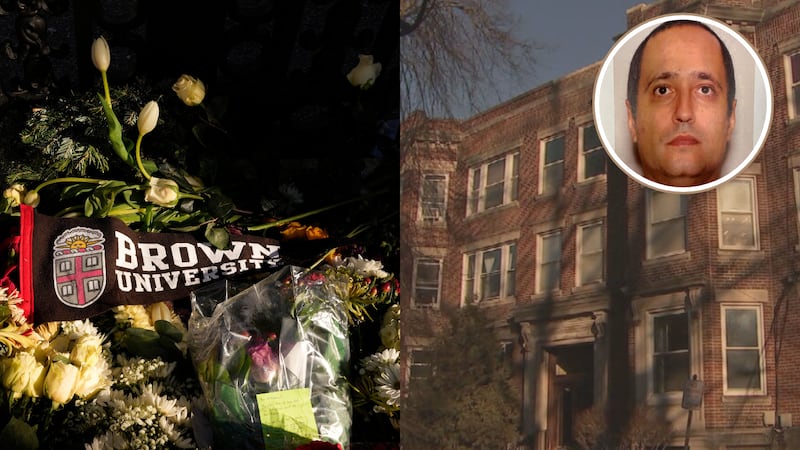BOSTON — The Boston City Council sat down on Tuesday afternoon for a discussion over the possibility of one day allowing non-U.S. citizens to vote in local elections.
In an extensive debate, testimonies were heard from city and state organizations as well as members of the public.
"Voting is probably one of the most important things we can do," said Kim Janey, a member of the Boston City Council.
Some Boston leaders want to extend the right to vote to all legal residents - citizen or not.
“We are only talking about the possibility of voting in local elections, not state or federal elections," said Boston City Council President Andrea Campbell.
MORE: Boston weighs giving legal, non-US citizens voting rights
Five other cities and towns in Boston have tried to pass similar measures, but all failed to make it past the legislature. Even nationwide, granting non-citizens the right to vote is very rare.
One of the few cities that allows it is Tacoma Park, Maryland. Not only are legal residents allowed to vote, but also undocumented residents, and they can also run for local office.
There are only about 300 non-citizens in Tacoma Park compared to Boston, where the non-citizen population is estimated to be at 48,000.
"We have received a lot of input from residents through email and calls and much of it has been very nasty and negative," said Janey.
Councilors all expressed their support to promote civil engagement in immigrant populations, but many said voting rights aren't up for debate.
“I do feel like the right to vote is a privilege reserved for US citizens – I believe it’s a unique privilege reserved for those who have gone through the extensive citizenship application process," said Boston City Councilor Ed Flynn.
Leena Duerte told the council she's been going through the citizenship process for the past 10 years.
"I have been fighting very hard to become an American citizen," said Duerte.
She says, in the meantime, she'd like to be able to vote.
“I don’t have a voice, I pay taxes, I own property and I think that at the end of the day that should give me a certain level of ability to have a voice and help dictate what direction Boston moves in the future,” said Duerte.
On Tuesday night, there was no voting, only a discussion. It is still unclear if any of the counselors are planning on pushing this issue further.
Cox Media Group





